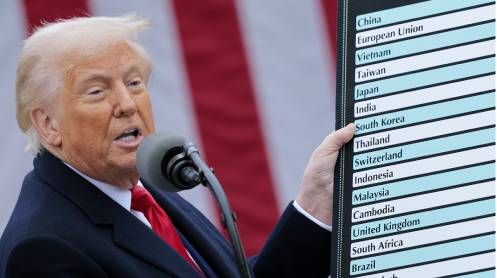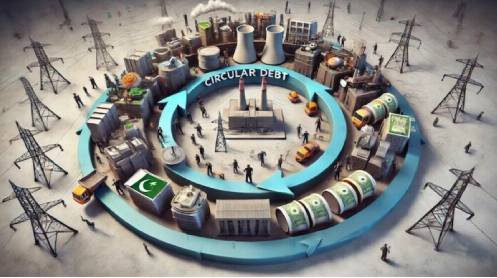The Ministry of Energy has demanded Rs1.54 trillion in power subsidies for the next fiscal year, a colossal amount that is 70% more than this year’s revised budget, aimed at reducing circular debt to a level agreed with the International Monetary Fund (IMF).
The interest is amazing since the public authority has two times expanded power taxes in the active monetary year to decrease endowments and control round obligation.
Sources in the Service of Energy let The Express Tribune know that Rs1.54 trillion was required in monetary year 2023-24 for keeping away from any further expansion in round obligation and settling overdue debts.
The sum included Rs250 billion for paying levy of China-Pakistan Financial Hall’s (CPEC) energy projects, the sources said.
The improvement comes when the PML-N drove alliance government will uncover next monetary year’s spending plan around June 10, as it has not acknowledged Pakistan Tehreek-e-Insaf’s (PTI) request to let an overseer government present the financial plan.
Without a trace of an IMF umbrella, there is trepidation that the alliance government might give inclination to its political targets over monetary necessities in the forthcoming financial plan.
The interest for Rs1.54 trillion is Rs634 billion, or 70%, higher than the assessed power appropriations in the active financial year. Be that as it may, when contrasted with the first spending plan, the interest was higher by 203%.
A senior authority of the Service of Energy was of the view that like the active financial year, the money service may again give lower-than-expected assets to oversee both the stream and supply of round obligation.
However, there are some straightforwardness gives that the service ought to address. There is worry about power appropriation claims for the past Governmentally Controlled Ancestral Regions and the homegrown and horticultural customers of Balochistan. Be that as it may, these numbers are not freely certain.
Specialists’ numbers additionally don’t coordinate concerning the sponsorship claims for Azad Jammu and Kashmir.
Aggregately, power area sponsorships have turned into the third biggest use after obligation adjusting and guard needs. How much Rs1.54 trillion is more than the all out cost of building the Mainline-I undertaking of Pakistan Rail routes from Peshawar to Karachi.
Prior, the PML-N drove alliance government has two times expanded power taxes, first in July last year and afterward in February this year.
Pakistan Department of Measurements (PBS) in August last year revealed a 124% expansion in power costs consistently and afterward 33% ascent in Spring this year.
Notwithstanding climbing the duties, the public authority added a net Rs419 billion to the power area round obligation in the initial eight months of current financial year, pushing the complete roundabout obligation to Rs2.67 trillion.
Normal per-month expansion in roundabout obligation from July to February came in at Rs52.4 billion. The roundabout obligation toward the start of current monetary year had been Rs2.25 trillion.
Under a concurrence with the IMF, the public authority has endorsed an extra Rs335 billion in sponsorship for the power area in the ongoing financial year. Out of this, Rs205 billion has proactively been authorized.
Yet, the Service of Energy authorities said that the money service delivered Rs12 billion not exactly the responsibility, which would add to the roundabout obligation.
Sources expressed that for the following financial year, the Service of Energy requested Rs164 billion as cost differential endowment for the public authority run power appropriation organizations.
Furthermore, Rs170 billion is being requested for getting the expense of appropriation for K-Electric shoppers. Additionally, it has looked for Rs7 billion for settling unpaid debts of the State head’s Modern Help Bundle for KE buyers in the following monetary year.
Sources said that the Service of Energy didn’t look for assets for PM’s unique bundles. All things considered, to settle current cases of CPEC projects and resign a portion of their old bills, the service has looked for Rs250 billion.





